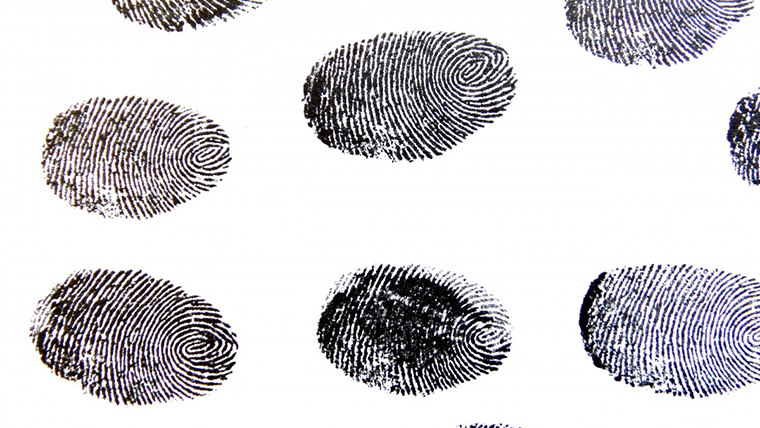
| 

A recent survey has revealed just how popular biometric verification is with the general public. In recent years we have all become accustomed to opening our mobile phones or opening apps by placing a thumb over the sensor. Kids across the UK are paying for their school meals with their fingerprints. Just how far is UK society willing to take biometric verification?
Mobile Phone Access
The study into how willing we are to use biometric verification in many situations was carried out by Equifax, one of the UK’s leading credit reference agencies. Unsurprisingly, the main conclusion was that Brits are happy to use fingerprint recognition to open up their mobile phones rather than putting in a code. 71% were happy to use this technology or go even further by using facial recognition or eye retina patterns. Also, a majority of people were positive towards the idea of using biometric data when proving your identity at a polling station on election days or verifying that you’re old enough to buy a round at the local pub.
Security Concerns
Despite people being happy to use biometrics in some situations, there was marked reluctance to use the technology in other situations too. Only 46% of respondents said they’d be happy to use biometric verification to withdraw cash from a machine or over the counter. 45% would be comfortable using it to turn their car ignition on, and only 41% would be prepared to use their fingerprints or retina scan to unlock their front door.
Future Predictions
The survey also showed that most people think that we’re all going to be using biometrics more over the next decade. Fingerprints were felt to be the most secure form of biometric verification according to respondents, followed by facial recognition and retina scanning.
Equifax, the organisation which commissioned the study pointed out that adopting biometric verification when opening a bank account, making payments or applying for a job helps with security. Identity fraud is an increasing problem and having a way of securely verifying who you’re dealing with should also cut down on this. Furthermore, the requirement for some sort of biometric verification may cut down on scammers convincing customers that their accounts have been compromised and that they need to move their money out.
Biometrics in a Work Context
Biometric verification may also have an increasingly important role in recruitment in the future. Currently, it’s the job of recruiters to ask for identity documents and dig into an applicant’s background to confirm they are who they say they are. Biometric verification should be able to help with at least part of this process, by helping recruiters match up the person in front of them with the biometric data. However, it’s not going to help with people who lie on their CV or exaggerate their experience but may help in the first sift of applications. New government rules coming in to force in 2020 are going to put more responsibility for checking onto employers, so it makes sense to get up to speed with the new requirements now.


